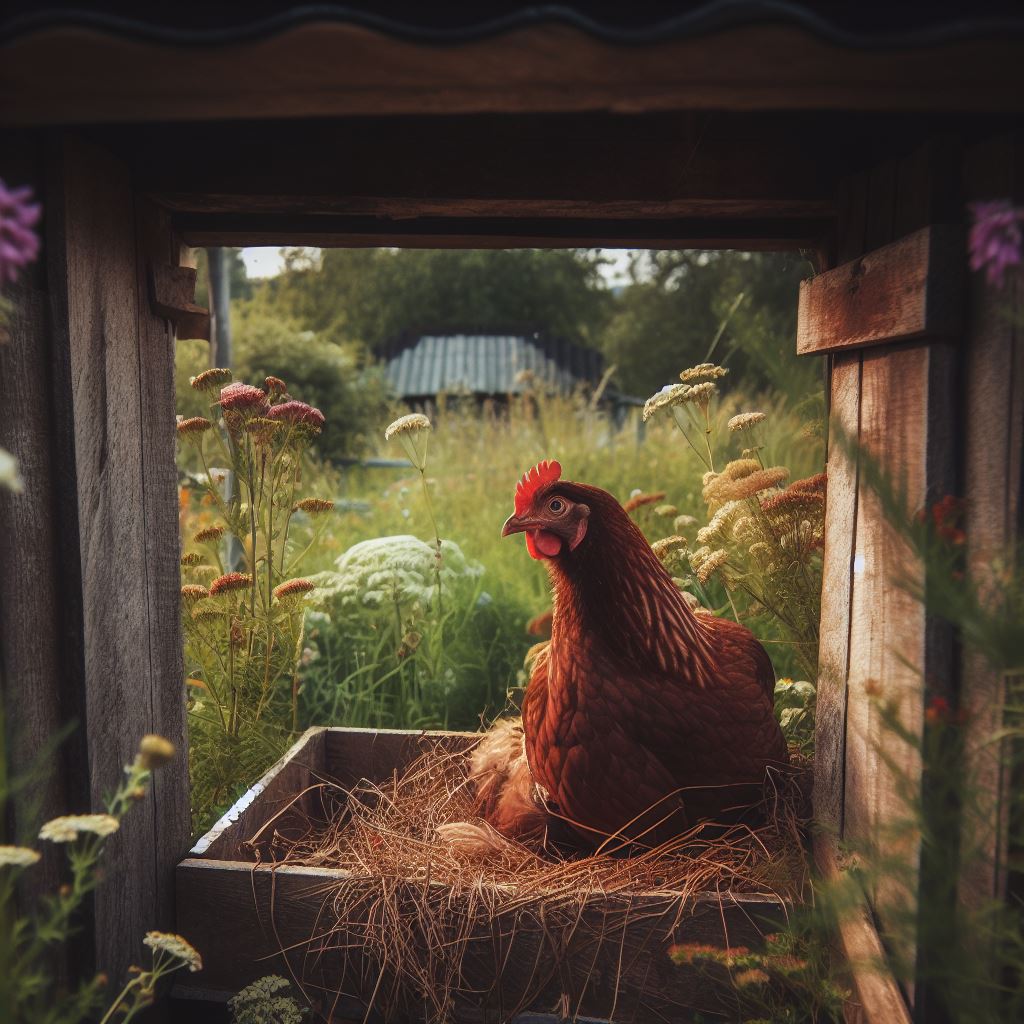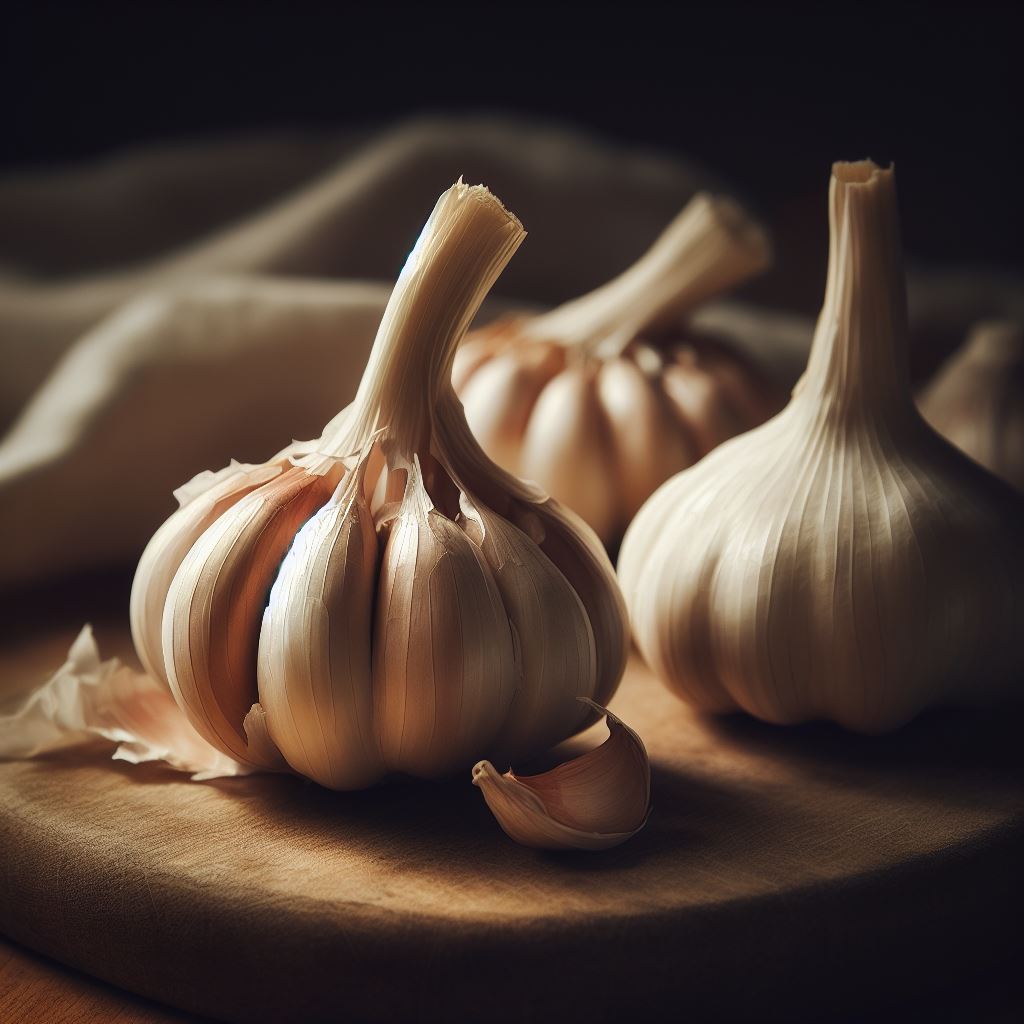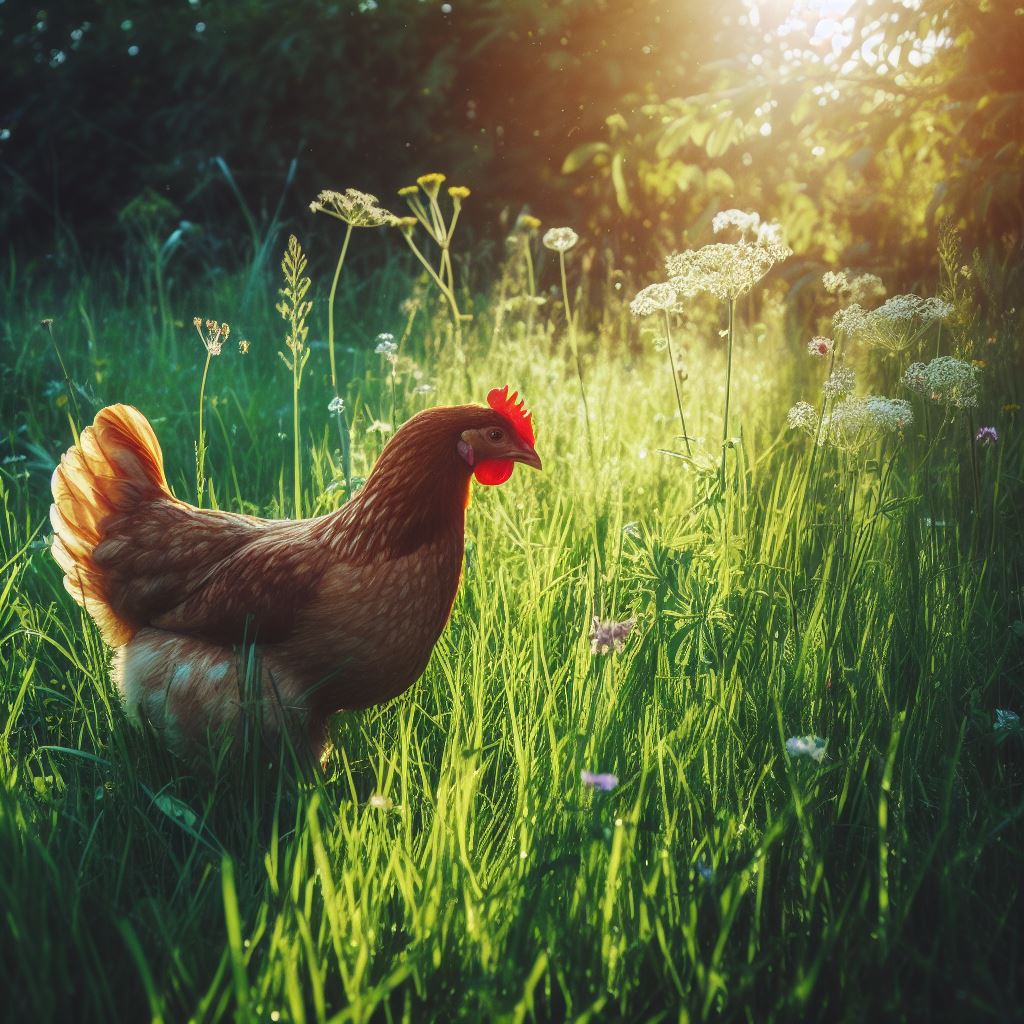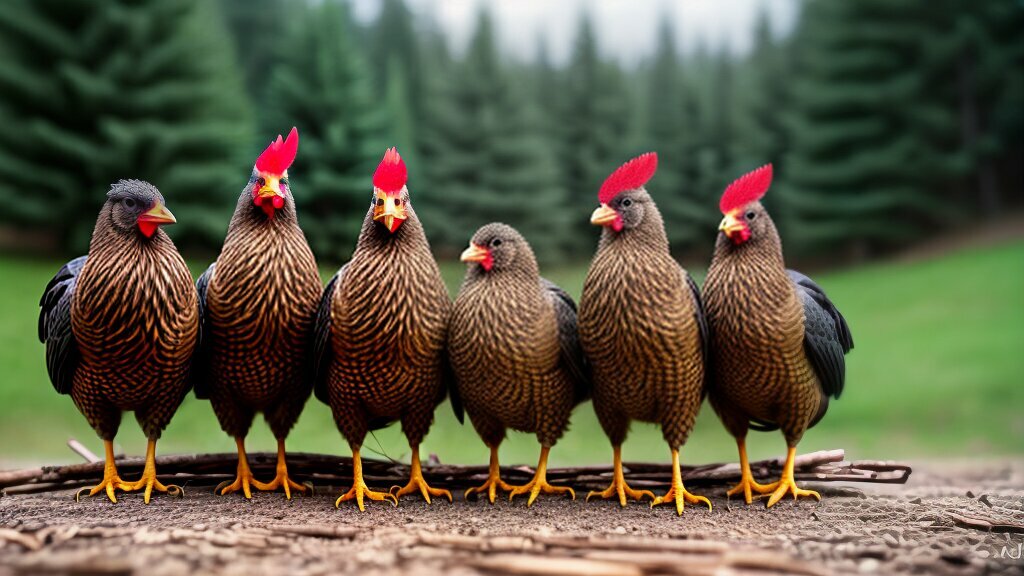How To Treat Worms In Chickens Naturally?

Table of content:
Worm infestations are common in backyard chicken flocks. While worms are a natural part of a chicken’s environment, an overload of parasites can cause health problems for your birds. Using natural treatments and preventative measures can help control worms in your flock while keeping your chickens healthy and productive.
Signs Your Chickens May Have Worms
Watch for these signs that your chickens may have a worm problem:
- Weight loss or inability to gain weight
- Pale combs and wattles
- Diarrhea
- Wet droppings stuck to feathers around the vent area
- Loss of appetite
- listlessness
- Dehydration
Severe worm infestations can lead to intestinal blockages damage, and even death.
Common Chicken Worms
Chickens can host over 20 types of worms, including:
- Roundworms – Most common worm in chickens. Cause weight loss and diarrhea.
- Cecal worms – Live in ceca; cause weight loss and diarrhea.
- Capillary worms – Infect crop and esophagus; cause weight loss.
- Tapeworms – Live in the small intestine; robbed of nutrients.
 Natural Dewormers for Chickens
Natural Dewormers for Chickens
Here are some of the most effective natural options for treating worms in chickens:
1. Garlic
Garlic contains the antiparasitic compound allicin which helps kill worms and other parasites.
Garlic Water: Crush 2-3 cloves of garlic and steep in 1 cup of boiling water for 10 minutes. Allow to cool and strain. Add 1 Tbsp of garlic water to your chickens’ drinking water daily.
Garlic Powder: Mix 1/2 cup fresh ground garlic into feed. Withdraw regular feed 12 hours before and after treatment.
2. Apple Cider Vinegar
Apple cider vinegar creates an unfavorable intestinal environment for worms.
- Add 1 Tbsp apple cider vinegar per gallon of drinking water.
- To treat parasites, give 1 Tbsp apple cider vinegar per chicken 2-3 times per week.
3. Pumpkin Seeds
Pumpkin seeds contain cucurbitin compound that paralyzes worms.
- Mix 1/4 cup ground pumpkin seeds into feed.
- Withdraw regular feed 12 hours before and after treatment.
4. Diatomaceous Earth
The sharp edges of DE scratch the exoskeletons of worms and dry them out. Be sure to use food-grade diatomaceous earth only.
- Mix 1-2% DE into daily feed for preventative treatment.
- Give free-choice access to DE in a dish 1-2 times per week.
5. Wormwood and Black Walnut Hulls
Wormwood and black walnut hulls contain tannins and other antiparasitic compounds.
- Make a tincture of dried wormwood and black walnut hulls soaked in vodka for 6 weeks.
- Add 10 drops of tincture diluted in 1 cup water to daily feed.
6. Carrots and Papaya Seeds
Carrots and papaya seeds provide vitamin A and digestive enzymes to help expel worms.
- Mash a cup of carrots and 1-2 Tbsp papaya seeds.
- Feed small amounts daily.
 Natural Worm Prevention for Chickens
Natural Worm Prevention for Chickens
Proper coop sanitation and management are key to preventing worm infestations in chickens:
- Move the coop frequently and rotate pastures to prevent buildup of worm larvae in the soil.
- Remove droppings and wet litter daily.
- Use deep organically-amended litter like pine shavings. Stir the litter weekly.
- Keep litter dry; repair any leaks.
- Limit chickens’ access to their own droppings (no coop attachment).
- Provide adequate living space per bird.
- Quarantine and treat new birds.
- Apply diatomaceous earth generously in nest boxes.
- Alternate natural preventatives like garlic powder.
- Allow access to grit for proper digestion.
When to Use Medical Dewormers for Chickens
For serious worm infestations, veterinarian-prescribed dewormers may be necessary. These are chemical anthelmintics that kill worms. Common active ingredients include:
- Ivermectin
- Levamisole
- Piperazine
- Fenbendazole
If using chemical dewormers:
- Withhold eggs for medication duration + 2 weeks
- Follow label directions exactly
- Weigh birds for proper dosing
- Treat entire flock
- Repeat in 10-14 days
- Move birds to fresh ground after treatment
Only use licensed poultry dewormers, never products for other animals. Always withdraw feed before and after administering dewormers. Check with your avian vet on the proper medical treatment for your flock’s situation.
Conclusion: Use Natural and Medical Treatments Judiciously
Worms are simply part of having backyard chickens but heavy infestations can threaten the health of your flock.
Using natural deworming methods helps limit the parasite load while preventing resistance to medical treatments.
Work to maintain the cleanest environment possible for your chickens to promote good health. When medical intervention is needed, consult your avian vet.
With attentive care and management, your chickens can continue to thrive worm-free.
Welcome. I’m Adreena Shanum, the proud owner of this website, and I am incredibly passionate about animals, especially poultry. I founded adreenapets.com as a labor of love, stemming from my desire to share my knowledge and experiences with poultry enthusiasts worldwide.



